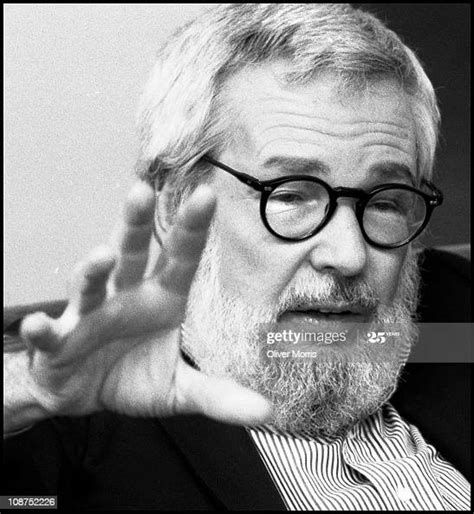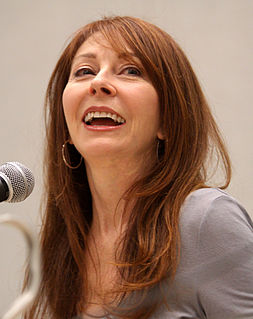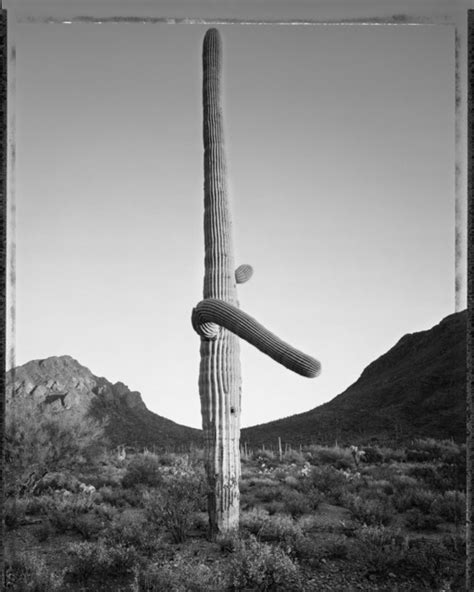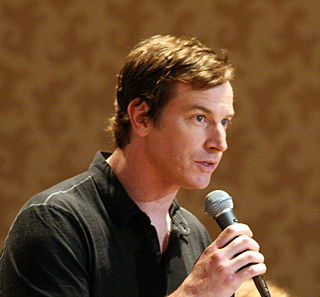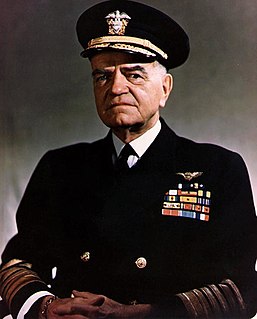A Quote by Thomas Kinkade
I think the art world... is a very small pond, and it's a very inbred pond. They rely on information from an elect elite sect of galleries, primarily in New York.
Related Quotes
There was a kind of cultural life in New York that wasn't as solidified as it is now, it wasn't as money-driven. If you look at the size of the successful art galleries compared to the size of galleries now - there was no such thing as the Gagosian Gallery or Pace Gallery. But it was a time when magazines were a vital part of American life, and Esquire gave me a free pass to every world - I could get to the art world, the theater world, the movie world. It allowed you to roam through the cultural life of New York City.
I think the strangest thing probably is when I went to Japan, and I don't know what the hell I was eating, but there was this one thing that seemed to be in a lot of soups and things there - I always called it pond scum. It looked exactly like the green stuff that floats on top of a pond. I would say, "Oh my God, this has pond scum in it!" I would eat it, to be polite, because we were usually with Japanese people and I didn't want to gag or spit it out or anything. And I still don't know what it was.
I had become so quiet and so small in the grass by the pond that I was barely noticeable, hardly there... I sat there watching their living room shining out of the dark beside the pond. It looked like a fairy tale functioning happily in the post-World War II gothic of America before television crippled the imagination of America and turned people indoors and away from living out their own fantasies with dignity... Anyway, I just kept getting smaller and smaller beside the pond, more and more unnoticed in the darkening summer grass until I disappeared into the 32 years that have passed since then.
Tonight I walked around the pond scaring frogs; a couple of them jumped off, going, in effect, eek, and most grunted, and the pond was still. But one big frog, bright green like a poster-paint frog, didn't jump, so I waved my arm and stamped to scare it, and it jumped suddenly, and I jumped, and then everything in the pond jumped, and I laughed and laughed.
Fine-art photography is a very small world associated with galleries, museums, and university art programs. It's not like rock music; the products of this world have never been widely seen because the artists are often exploring things that are not already coded in general consciousness. It's not that photographers don't want to be famous, it's just that very few of the views from the edges of culture make the mainstream. Ansel Adams was an exception.
Mornings at Blackwater" For years, every morning, I drank from Blackwater Pond. It was flavored with oak leaves and also, no doubt, the feet of ducks. And always it assuaged me from the dry bowl of the very far past. What I want to say is that the past is the past, and the present is what your life is, and you are capable of choosing what that will be, darling citizen. So come to the pond, or the river of your imagination, or the harbor of your longing, and put your lips to the world. And live your life.
Your Catfish Friend If I were to live my life in catfish forms in scaffolds of skin and whiskers at the bottom of a pond and you were to come by one evening when the moon was shining down into my dark home and stand there at the edge of my affection and think, “It's beautiful here by this pond. I wish somebody loved me,” I'd love you and be your catfish friend and drive such lonely thoughts from your mind and suddenly you would be at peace, and ask yourself, “I wonder if there are any catfish in this pond? It seems like a perfect place for them.



